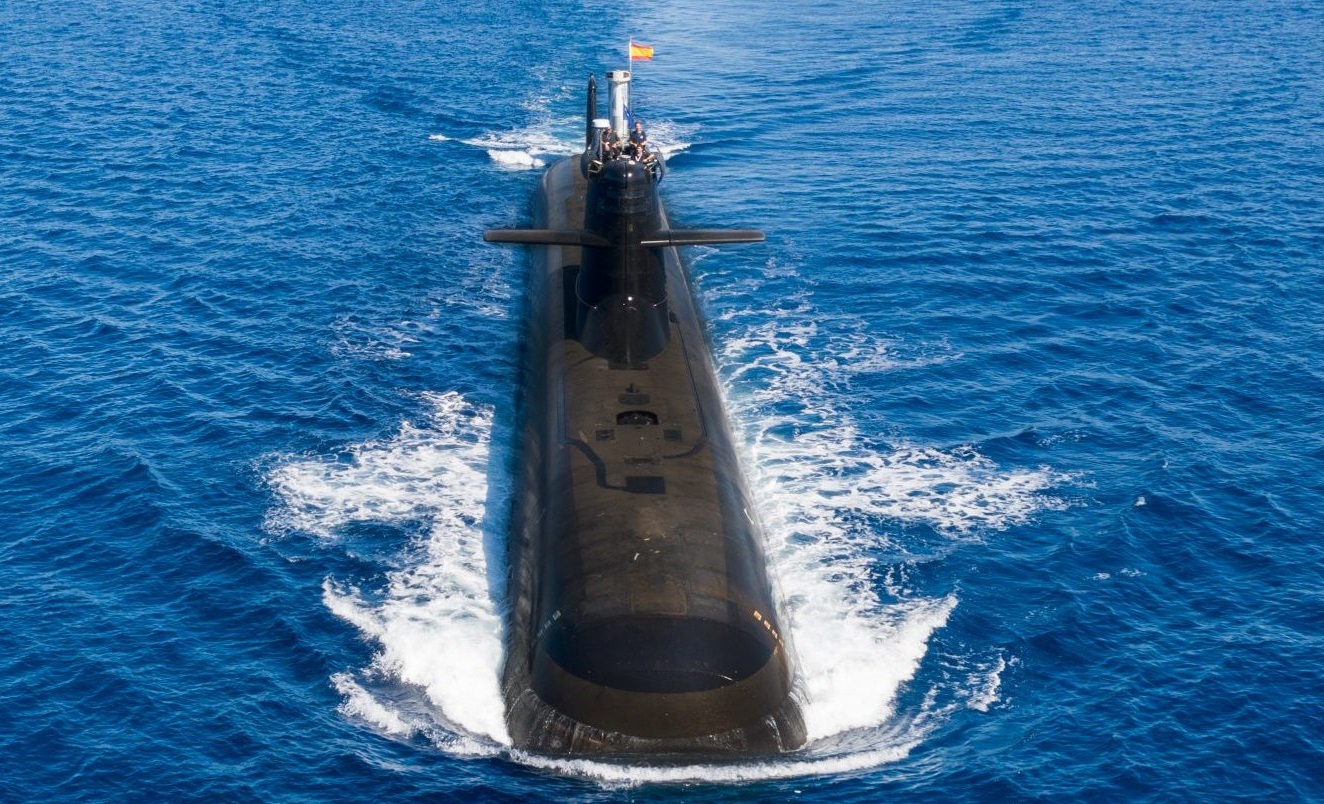Navantia has successfully completed the factory acceptance tests of the AIP (Air-independent propulsion) BEST (Bio-Ethanol Stealth Technology) system for the S-80 submarines, in a testing facility unique in the world. This milestone, crucial for the S-80 programme, has allowed Navantia to finally verify the performance and operational capabilities of the AIP in a simulated operating environment, i.e. on land but with a high degree of fidelity to the demanding conditions that the system will have to withstand during a real mission. This achievement has been made possible thanks to the test facilities built at the Cartagena Shipyard for this purpose. These facilities have unique capabilities in the defence market, such as the simulation of the ship’s operating level and its speed of advance in immersion or the possibility of testing the complete section of the submarine that integrates the system – with its 12 metres in length and about 400 tonnes in weight – before it is attached to the resistant hull.
The success achieved in this milestone enables the AIP to be shipped on board the S-83 submarine, which as planned will be the first to feature this new serial capability. The first two submarines to be delivered to the Navy, the Isaac Peral (S-81) and the Narciso Monturiol (S-82) have a design prepared to be able to integrate this technology on board during their first major hulling. Navantia’s AIP BEST system is one of the major innovations incorporated in the S-80 class submarines, which will provide conventional diesel-electric submarines with unprecedented tactical capabilities. Conventional – non-nuclear – submarines are forced to sail close to the surface after a certain number of hours to recharge their batteries using their diesel engines in an operation known as snorkelling, where they are easily detected by the enemy and particularly vulnerable. AIP-equipped submarines can avoid this risk by being able to recharge their batteries while submerged at deep depths, when sailing in AIP mode, significantly extending their underwater range.
The innovative technology used in the AIP BEST system is based on fuel cells and is part of the so-called third-generation systems, i.e. those that use hydrogen produced on board from a fuel – bioethanol, in this case – instead of pure stored hydrogen for their operation. This evolution allows Spanish submarines to have a greater amount of on-board energy, being able to sail for up to three weeks in immersion with signatures comparable to those of pure electric navigation with batteries. The development of this revolutionary technology has been an unprecedented effort for the national industry and for Navantia, after a decade of intense work, and places the Company in a preferential position for the commercialisation of the S-80 submarine in the international market.











